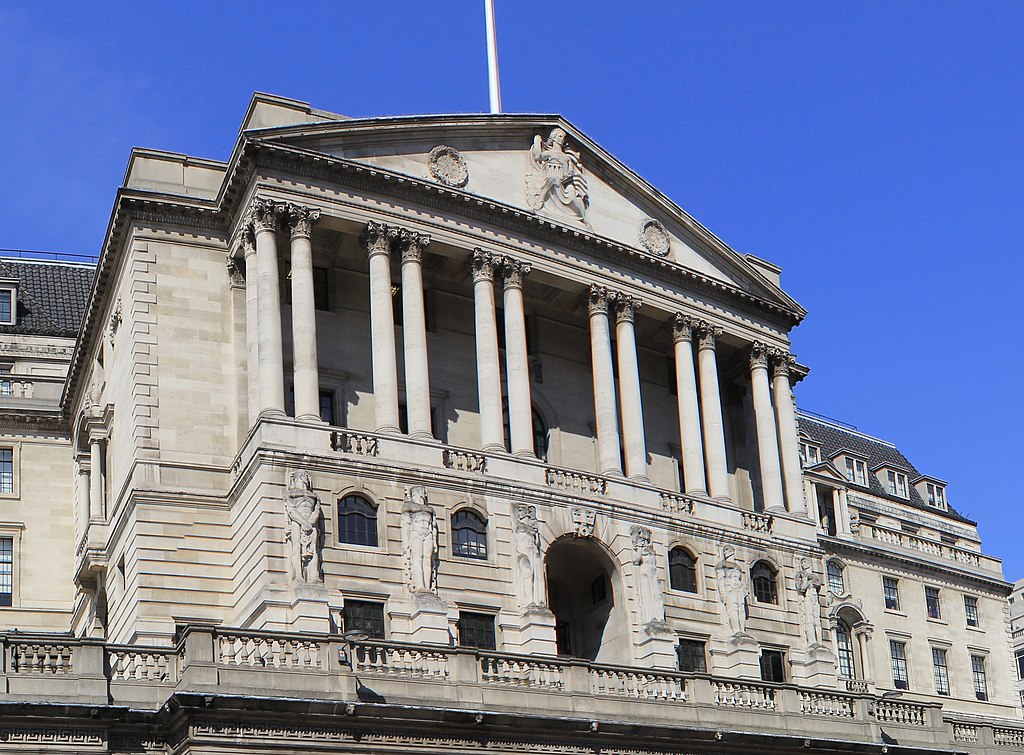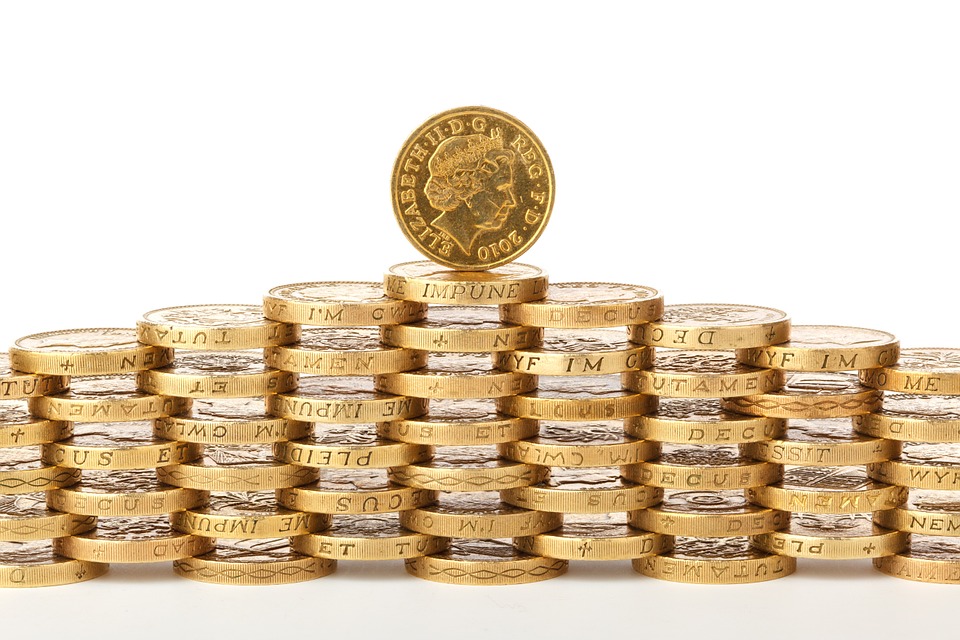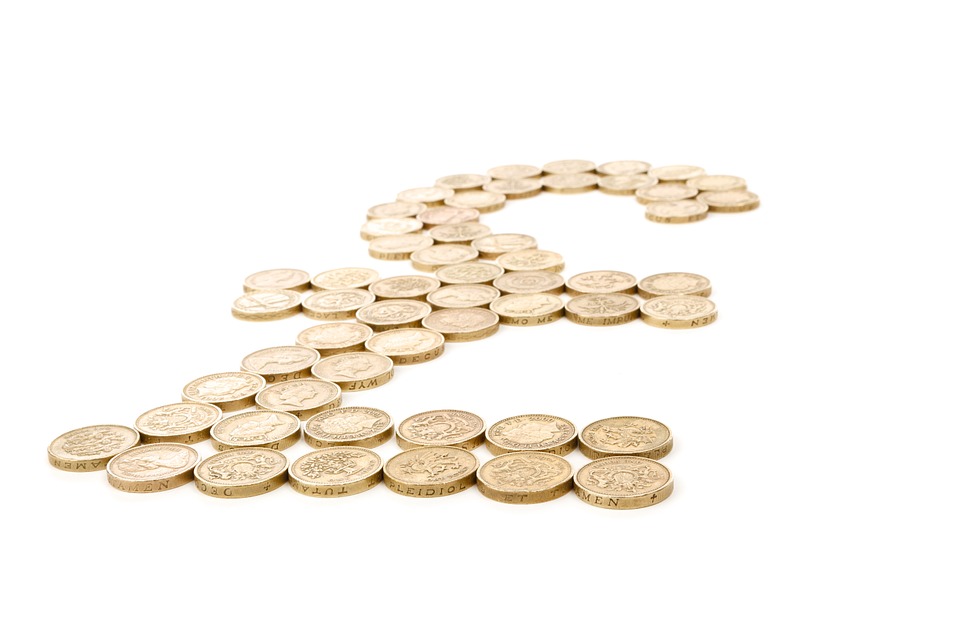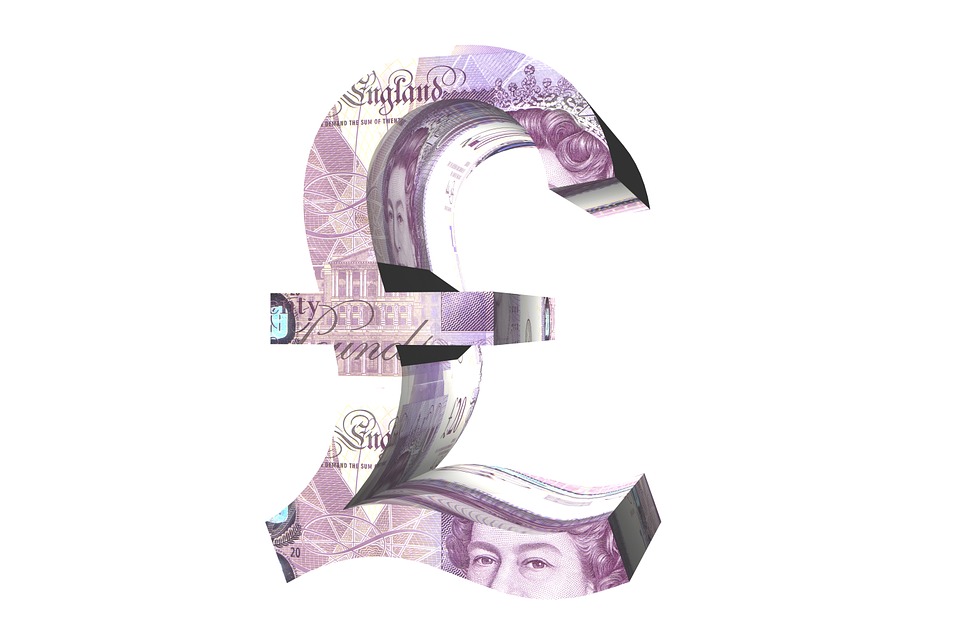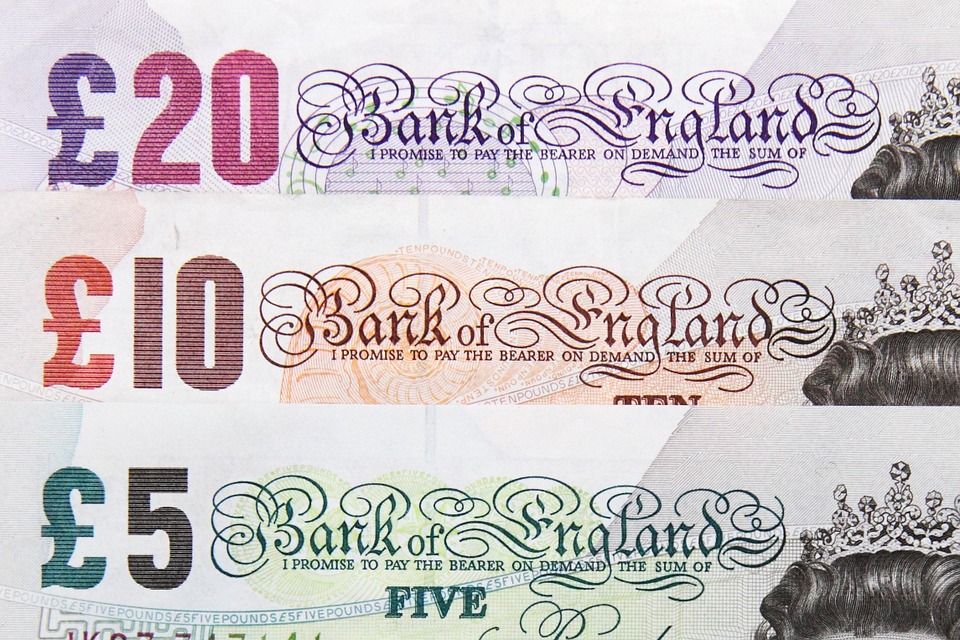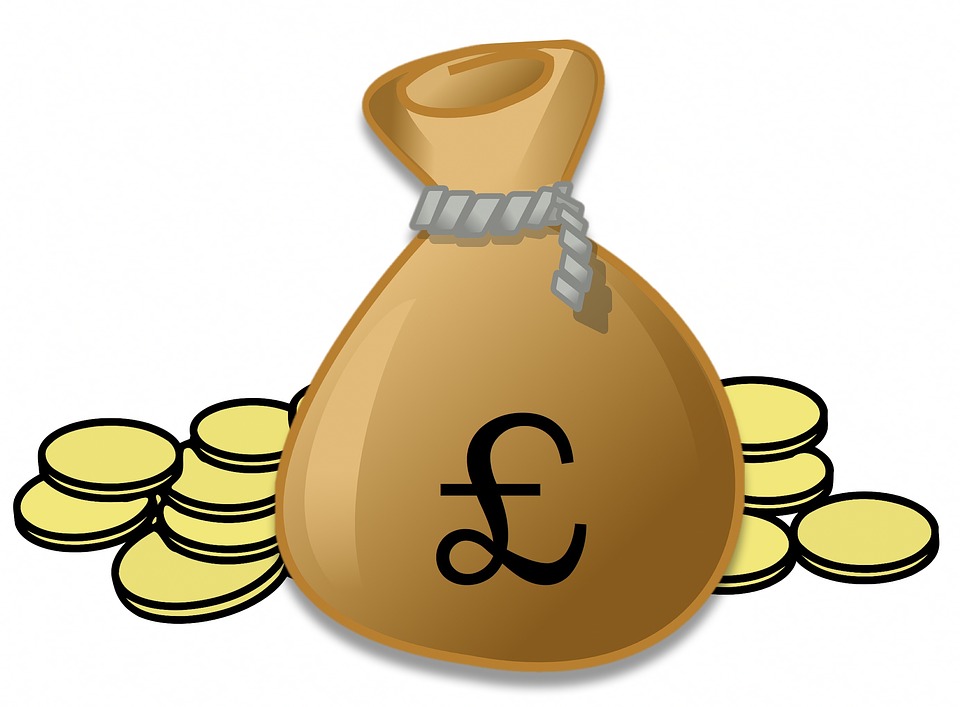While coming as little surprise to most, today’s base rate rise to 4.25% has still been met with disappointment, along with some resignation as to the predicted direction of travel.
The general feeling is that, although less than the 50 basis points rise seen in February, a rise was inevitable given the inflationary uptick in February and the US central bank rise yesterday.
There’s concern for those on variable rates, but with a flurry of lenders having reduced fixed rates this week, it’s felt the predicted base rate rise has been factored in and little impact will result in that area.
Bluestone Mortgages sales and marketing director Reece Beddall says: “While today’s decision is clearly in response to inflation’s surprise jump to 10.4%, it will be a tough pill for consumers to swallow, nonetheless. Interest rates have risen consecutively for almost a year, pushing mortgage repayments higher still and putting a chokehold on people’s personal finances. Affordability challenges will no doubt remain for the foreseeable future.”
Contact us today to speak with a specialist Commercial Finance Broker to discuss how we can assist you.
Moneyfacts finance expert Rachel Springall comments: “A rise to base rate will come as disappointing news to borrowers who are not locked into a fixed rate mortgage. The incentive to fix is clear from the continued rise to the average standard variable rate, which is now above 7%, a level not breached since 2008.”
Also expressing disappointment, London estate agent and former RICS chairman Jeremy Leaf adds: “There is a close call between change and no change – this latest rise in rates is a huge disappointment for the housing market as we were hoping the bank would trust in its own data and leave well alone.”
Stonebridge chief executive Rob Clifford described the rise as a ‘racing certainty’ but doesn’t expect big changes to follow.
“Once it was revealed that inflation had risen to 10.4% in February, followed by the Fed’s decision to raise rates yesterday in the US, it seemed like a racing certainty the MPC would have to act today with a further bank base rate rise.
“The markets have already been reacting to that news with swap rates increasing, and by this morning that rate rise already seemed priced in. My feeling is that the search for business – particularly from the mainstream, high-street lenders – will continue to keep mortgage rates round about where they are,” he says.
Read about the UK Housing Market via our Specialist Residential & Buy to Let Division.
Just Mortgages operations director John Philips adds: “Although the base rate has gone up, we have seen mortgage prices falling in recent months and customer enquiries to our brokers across the country have been remarkably robust since the start of the year.”
A possible outcome could be more demand for rental housing, says IMMO real-estate platform co-founder Avinav Nigam.
“The result of this is more demand for rental housing, and therefore a greater need to put time, money and effort into improving our private rental sector housing stock,” he comments.
By Linda Ram
Source: Mortgage Strategy

